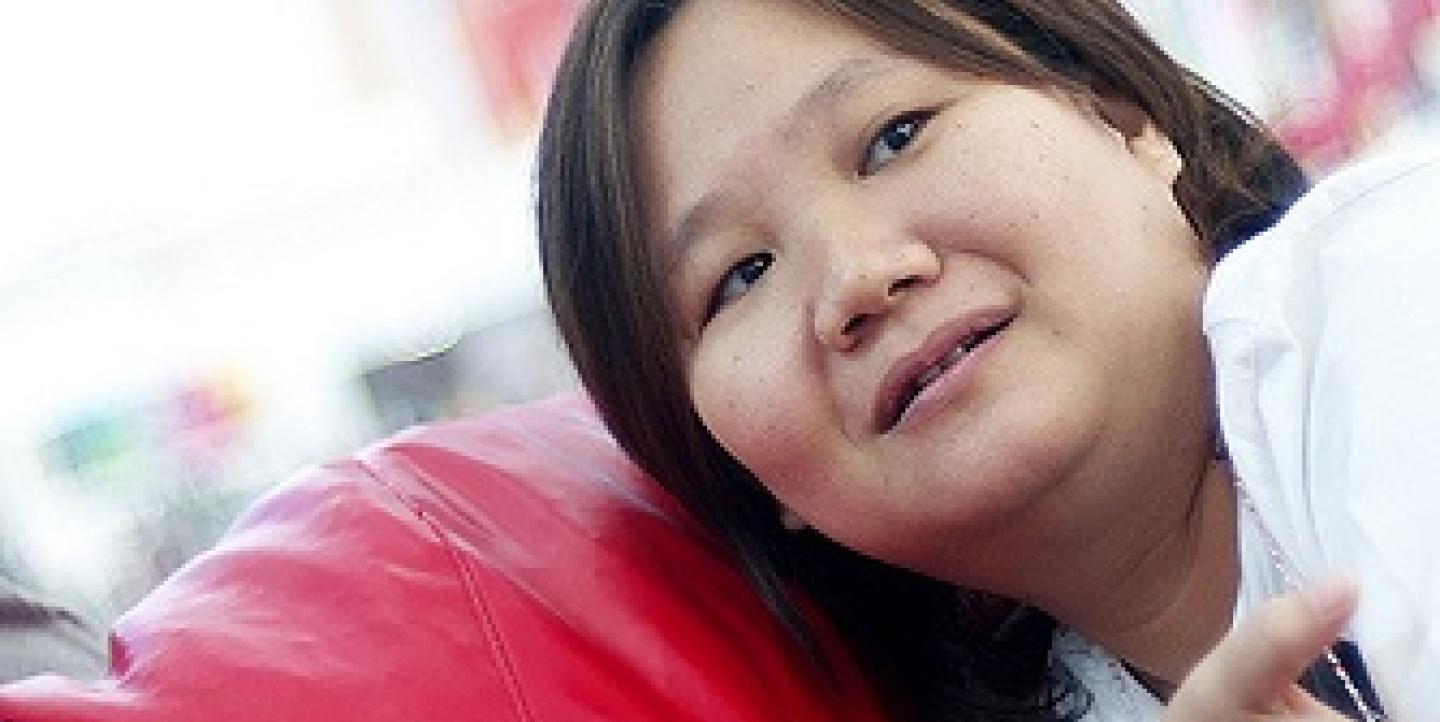To anyone doubting the relevance of press freedom, Thai journalist Chiranuch Premchaiporn has a message: “When we talk about press freedom, it should mean freedom of the people.”
Premchaiporn, executive director of the online newspaper Prachatai, faces multiple charges and decades of prison time under the country’s lèse-majesté laws and its 2007 Computer Crime Act (CCA). The CCA authorizes the government to block websites and prosecute content providers for posted material, including user comments.
Since the 2006 coup, the Thai government has tightened its control over online media. A recent Freedom House report deemed Thailand’s Internet freedom status “not free.”
Thailand’s 2007 constitution guarantees freedom of expression and prohibits censorship. It also enshrines the country’s king in a “position of revered worship,” declaring “no person shall expose the King to any sort of accusation or action.”
Police arrested Premchaiporn in March 2009 and September 2010. Both cases allege that Premchaiporn supported controversial views by leaving user comments critical of the monarchy on Prachatai’s web forum.
The case stemming from the March 2009 arrest spent five days in trial in February, with the remainder postponed until September. Premchaiporn is waiting to hear if the case from her September 2010 arrest will go to trial.
Premchaiporn spoke with IJNet about online media in Thailand. Below are excerpts from the interview.
Has the recent unrest in the Middle East affected how journalists, bloggers, citizens and the government interact in Thailand? Will what has happened in countries like Egypt and Tunisia lead to more or less censorship in Thailand and other countries?
Premchaiporn worries that such events will make the state more skeptical of the Internet. (The government drafted an updated computer crime act, but the measure recently stalled.
Internet penetration is just 27 percent in Thailand, she notes, but after the country’s political unrest, people started using the Internet as an alternative source of information. This concerns the government because it is not totally in control of this means of communication, she says. She hopes the government will realize the Internet should be a space for open debate.
How has social media affected Premchaiporn’s case?
Premchaiporn’s cases have garnered global attention in large part thanks to social media, she says. Colleagues tweeted after both her arrests.
“I think the police, they [were] quite surprised, probably shocked,” Premchaiporn says. “They didn’t finish the process to arrest me and the news [was] already coming out.” After her second arrest, police told her she’d likely have to spend a night in jail because it was too late to process bail, she says. As news of her arrest spread, pressure mounted on the police and government, and Premchaiporn ultimately left on bail that night.
What role do social media play in Thailand today?
Many people arrested under lèse-majesté laws hesitate to publicize their cases for fear of being associated with anything anti-monarchical, Premchaiporn says. “These kinds of allegations are very, very sensitive,” she adds.
Citizens and the government use social media to target individuals in online “witch hunts,” she says. If people oppose or challenge an idea and update their status on Facebook, for example, others take a screenshot, post it online and publically condemn that person as anti-royal, Premchaiporn says.
What does the monarchy mean to the Thai people?
Premchaiporn laughed nervously and paused before responding. “If we talk about the issue the Thai media will agree to practice self-censorship to, it’s … questioning or criticiz[ing] the monarchy. That I can say.”
What frustrates Premchaiporn about the current situation?
In Thai society, it’s easy to attack anybody who tries to defend free speech as anti-monarchy, she says. She adds that people don’t understand or can’t distinguish when journalists defend the right to expression. “It doesn’t mean we agree with all that the people say or we agree [with] the anti-monarchy movement,” she says.
What does World Press Freedom Day mean to Premchaiporn?
“Some media colleagues, they say press in Thailand are quite free,” she says. “In Thailand it’s quite clear that [press freedom] is not linked to the freedom of expression. It should be.”
Internet outlets practice self-censorship “because of some kind of fear,” Premchaiporn says. “If there’s any force, it’s not self-censorship. It should [be] call[ed] censorship.” She hopes to emphasize this point when she speaks at Monday’s plenary session “New Barriers: Censorship in the Digital Age.”
The public in Thailand sometimes thinks freedom of the press is not relevant, she says, but people must link it to freedom of the people. “It’s about the global connection,” she says. “Press freedom has to be universal.”
After everything she has been through, why does she continue to work as a journalist?
“I’m trained as a journalist,” Premchaiporn says. “Communication is the only way I know how to solve problems … So I could not quit.”
The United Nations Education, Scientific, and Cultural Organization (UNESCO) organizes World Press Freedom Day commemorations to celebrate the fundamental principles of press freedom; to evaluate press freedom; to defend the media from attacks on their independence and to pay tribute to journalists who have lost their lives in the line of duty. For complete information on the 2011 World Press Freedom Day global conference in Washington DC, see www.wpfd2011.org (in English).

